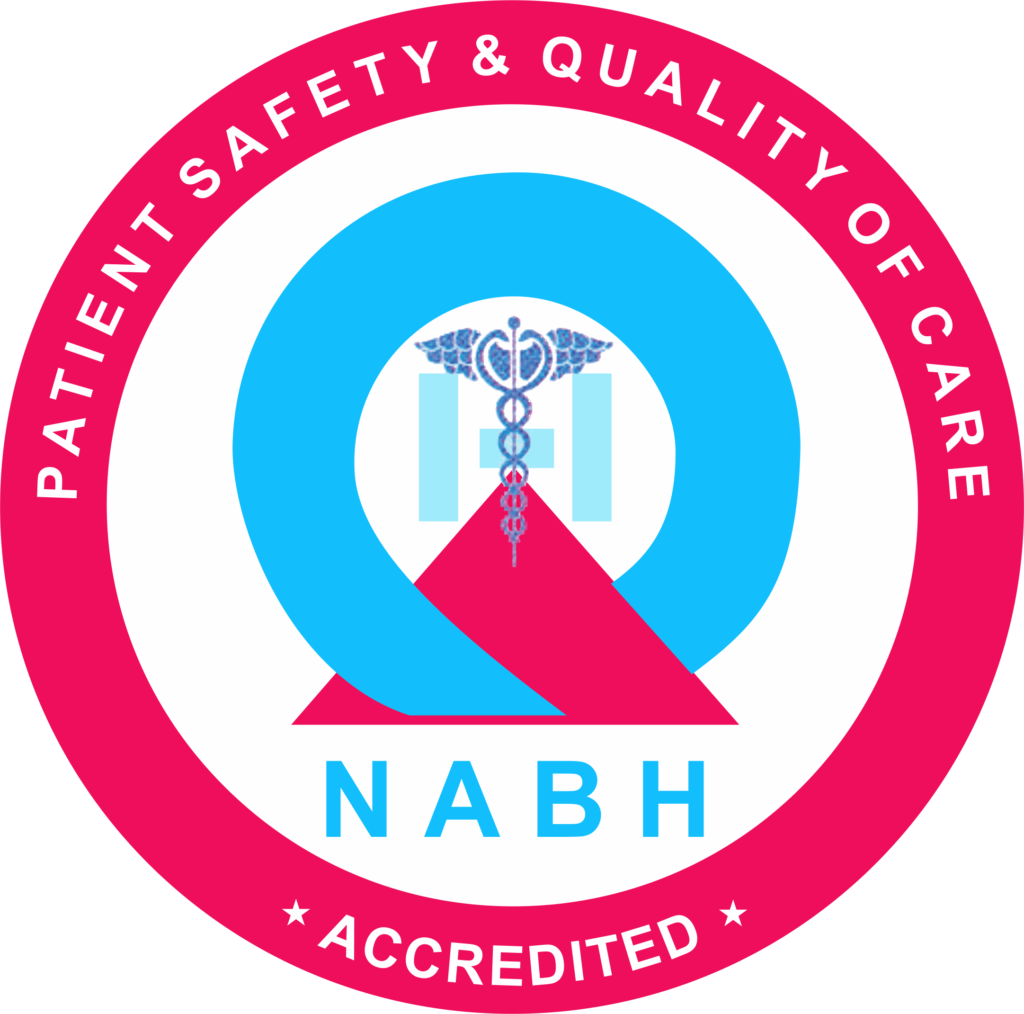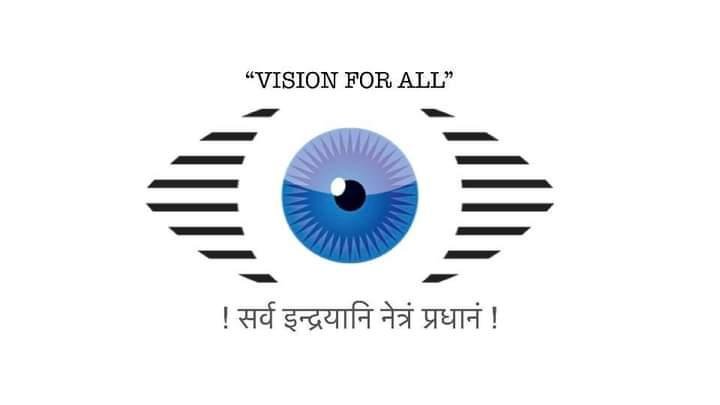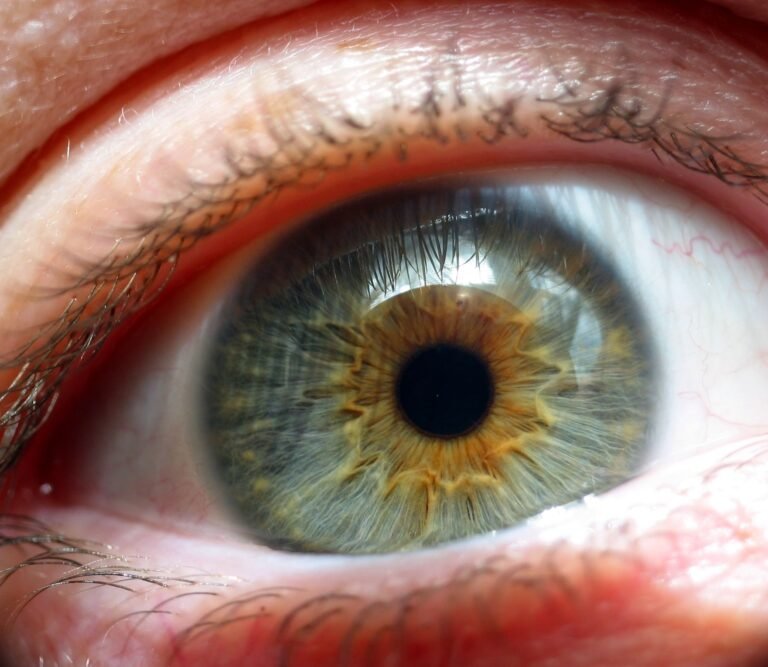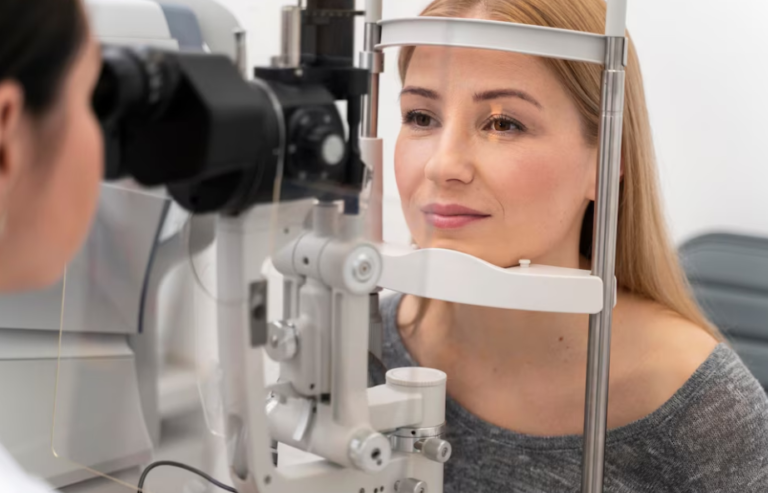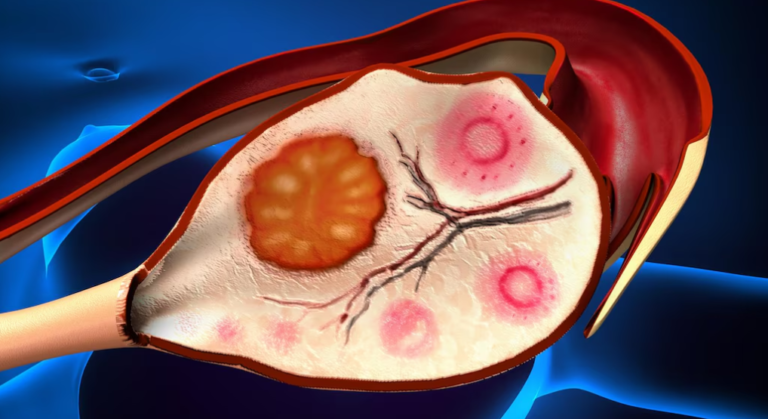Why does reading get harder with age?
Our eyesight can worsen due to cataracts, age-related macular degeneration, or Presbyopia. Presbyopia occurs when the lens in our eyes becomes thicker and less flexible, making it harder to focus on close objects. People over 45 often struggle to read small print as their lenses change.
Younger adults, aged 18 to 30, typically find it easier to read fine print, while those 45 and older may experience blurry text. They might rely on context clues or adjust their reading habits, like removing distant glasses, enlarging text, or holding things farther away to read more comfortably.
Symptoms of Presbyopia
- Holding screens or books farther away to see clearly.
- Zooming in or enlarging font while reading.
- Blurry vision when reading at an average distance.
- Eyestrain, headaches, or eye irritation after close-up work.
- Difficulty seeing at night, especially while driving.
An annual eye check at a specialty hospital is important to rule out other causes of reduced eyesight in older adults.
Risk factors
- Age: Individuals over 40 are more likely to develop Presbyopia.
- Medical conditions: Having other medical conditions, such as diabetes, can increase the risk of premature Presbyopia, which may occur in people younger than 40.
- Medications: Certain medications, such as antidepressants or antihistamines, can also be associated with an increased risk of Presbyopia.
Can you reverse Presbyopia?
Unfortunately, you can’t reverse Presbyopia, a condition that makes it hard to see up close as you age. But there are ways to improve your vision, like wearing special glasses or contact lenses or getting laser surgery. New medicines might help in the future. Eating healthy and taking care of yourself can also help prevent vision problems. If you need help, you can visit Dhir Hospital, one of the best eye hospitals in Haryana.
Presbyopia Treatment
Presbyopia gets worse over time, which means your eyesight will keep changing. This might mean needing new glasses or lenses, even after surgery.
Here are some ways to fix Presbyopia:
1. Glasses
- Reading glasses: These help you see things closely and have a little “+” sign on them.
- Bifocals: These glasses have two lenses stuck together with a visible line. The top lens is for seeing far away, and the bottom is for reading.
- Trifocals: They have three lenses with two visible lines. You can use them for close-up work, computer screens, and seeing far away.
- Progressive multifocal: These are special lenses without visible lines. They have different powers for seeing far away, middle distance, and close up, all in one smooth lens. Other parts of the lens have various powers.
2. Contact Lens
- Contact lenses can be an alternative to glasses for Presbyopia.
- Dry eye or eyelid problems may prevent some individuals from using contact lenses.
- Bifocal contact lenses offer both distance and near vision correction within each lens.
- Monovision contact lenses involve wearing one lens for distance vision and another for close-up vision, typically in the dominant eye.
3. Refractive Surgery
- Refractive surgery alters the shape of your cornea.
- It’s used for Presbyopia to enhance close-up vision in your weaker eye.
- It’s similar to using monovision contact lenses.
- Even after the surgery, you might still need reading glasses for close-up tasks.
4. Lens Replacement
- Lens replacement is a treatment option for Presbyopia, similar to cataract surgery.
- For Presbyopia without cataracts, a transparent lens exchange is performed.
- If cataracts are present alongside Presbyopia, cataract surgery with IOL replacement is done.
- After surgery, the need for reading glasses depends on your work and the type of lens chosen.
5. Eyedrops
- There’s a new FDA-approved treatment for Presbyopia.
- It involves using eye drops.
- The eye drops contain Pilocarpine.
- Pilocarpine works by constricting the pupil.
- This constriction helps improve near vision.
Looking for an eye hospital in Bhiwani? It’s important to note that Presbyopia is a progressive condition, meaning your eye power will change over time. So, even after refractive surgery, you may still need to update your glasses or lenses. There are various ways to correct Presbyopia, including eyeglasses such as reading glasses, bifocals, trifocals, and progressive multifocal. Each type offers different benefits depending on your needs and preferences.
Conclusion
As we age, reading becomes more challenging due to conditions like Presbyopia, which affects our ability to focus on close objects. While Presbyopia can’t be reversed, effective treatments are available to improve vision and make reading easier. These treatments include wearing glasses or contact lenses, undergoing refractive surgery, or using specialized eye drops. It’s essential to seek regular eye check-ups to monitor vision changes and explore the best treatment options.
For those seeking eye care in Bhiwani, Dhir Hospital is a leading specialist in the field. With its expertise and advanced treatments, Dhir Hospital offers the best eye treatment in Haryana. Whether prescribing glasses, performing surgery, or providing innovative solutions, Dhir Hospital ensures patients receive top-quality care for their vision needs. Trust Dhir Hospital for comprehensive and personalized eye care services in Bhiwani, Haryana.
